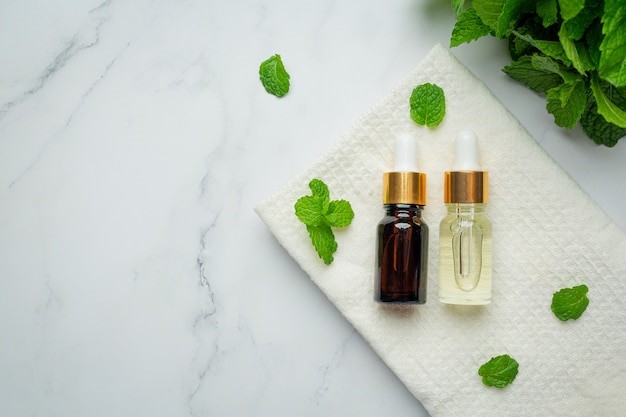How to Use Essential Oils to Treat Sinus Infections

Sinus congestion can be uncomfortable, to say the least. Breathing and sleeping become difficult, and the pressure felt behind the eyes can become exceedingly painful. Add to that the running nose and the cough; it is a recipe for inconvenient times. Did you know, however, that essential oils can clear up nasal passages and relieve sinus pressure and other congestion symptoms?
For centuries now, essential oils have been used as a natural supplement that supports emotional and physical health. Even in your surroundings, you may have heard or seen people switching to essential oils after they have had their share of synthetic medications.
In case of sinus infections too, people tend to use over-the-counter (OTC) decongestants or antibiotics. However, given the limited use of these medications among people with co-morbidities and pregnant women, many people make the switch to wholesome solutions.
This is where essential oils for sinus infections step in.
Several studies across time have found varying levels of effectiveness among different essential oils. Tea tree, or melaleuca, oil boasts antiseptic, antibacterial, and anti-inflammatory properties, which have proven to be helpful in curtailing sinus tissue inflammation and the growth of bacteria that lead to sinus congestion.
Upon deeper research individual components of essential oils, such as 1,8 cineole—the main component of eucalyptus oil—have proven effective in clearing airways of mucus and acting as a natural cough suppressant. The relieving properties of oregano oil are also being studied.
How to use essential oils to treat sinus infections?
Inhalation of the essential oil is the best way to relieve a stuffy nose.
Steam inhalation involves combining essential oils with hot water to create therapeutic steam. Three to seven drops of essential oil added to boiling water in a large pot, followed by steam inhalation using a towel over your head can show results in a mere couple of minutes.
One can also opt for direct inhalation, which refers to inhaling the essential oil right from the bottle. Adding a drop of oil to a handkerchief, cotton ball, or inhaler tube, and then taking a deep breath in has also proven useful and effective.
If an aromatherapy bath sounds enticing to you, do consider adding a few drops of diluted essential oil to your bathwater. This soothing technique promises to leave you calm and rejuvenated. You can also plug in diffusers in your room. Diffusers disperse essential oils throughout the air, allowing them to dilute before being inhaled.
While these were all the methods of using essential oils for sinus infections, here are some things that you should avoid.
• Do not inhale high doses of essential oils for a prolonged period of time. They are potent and can make you feel dizzy and lightheaded.
• Do not ingest essential oils as they contain strong, toxic compounds.
• Pregnant women and children should stay away from essential oils.

